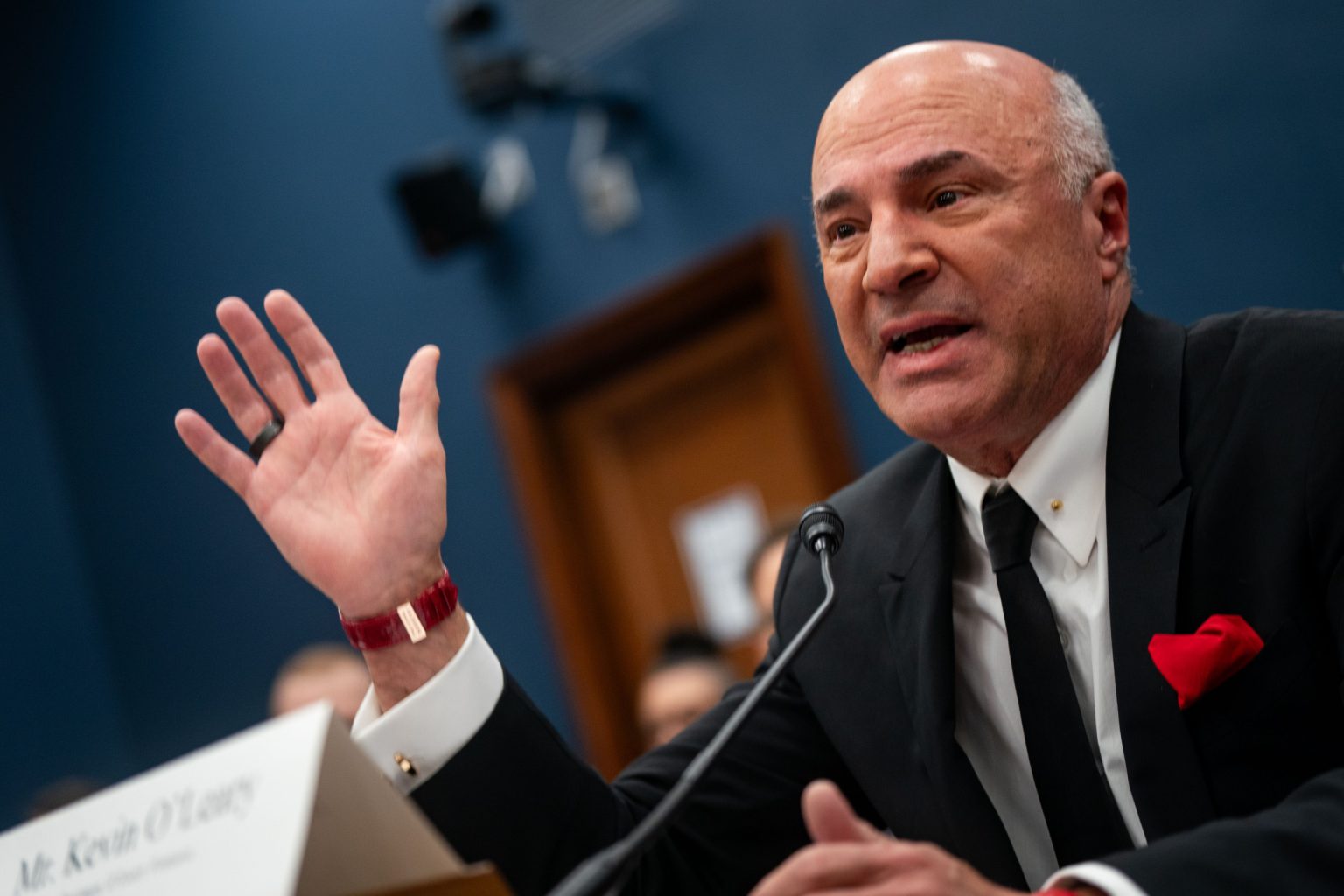Kevin O’Leary, a millionaire Shark Tank investor, criticized Vice President Kamala Harris’ price-fixing policy, calling it “beyond crazy.” Harris had proposed banning price gouging at grocery stores to address high inflation on basic necessities faced by Americans. O’Leary, an investor, expressed concerns about the potential impact of this policy on Americans, particularly in light of potential corporate tax increases from 23 to 28 percent that could harm America’s competitiveness globally. He compared Harris’ proposal to failed price-fixing policies of the 1970s and warned against the negative consequences of government intervention in setting prices.
Harris’ plan to ban price gouging at grocery stores comes in response to soaring meat prices that have contributed to Americans’ higher grocery bills, even as meat processing companies experienced record-breaking profits during the pandemic. While overall inflation fell to 2.9 percent, grocery prices surged by 21 percent under President Joe Biden and Harris’ administration. Some critics view Harris’ proposal as a strategic move to address voter concerns about inflation in light of her administration’s response. Financial experts have questioned the feasibility of implementing Harris’ plan, given the potential legal and legislative hurdles it may face, and the challenges it could pose for grocery stores operating on slim profit margins.
Alex Beene, a financial literacy instructor, highlighted the discrepancy between the intentions behind Vice President Harris’ price-fixing plan and the practicality of its execution. While the plan may offer relief to Americans grappling with higher prices on everyday items, Beene cautioned against government intervention in artificially lowering prices that may lead to long-term negative consequences. Grocery stores, in particular, have raised concerns about the impact of Harris’ proposal on their operations, as they operate on thin profit margins ranging from 1 to 3 percent. Harris has accused some grocers of unfairly raising prices to boost profits while not passing on savings to consumers, pointing to significant price increases in staple food items like bread and ground beef.
Critics like Kevin O’Leary have drawn parallels between Harris’ price-fixing policy and failed economic strategies adopted by countries like Venezuela, Cuba, North Korea, and the Soviet Union. O’Leary warned against government intervention in setting prices for goods and services, citing the negative impact it can have on supply chains and market dynamics. He emphasized the importance of market-driven pricing mechanisms in ensuring healthy competition and sustainable economic growth. O’Leary’s concerns reflect broader apprehensions within the business and investment community about the potential ramifications of Harris’ proposal on the U.S. economy and its global competitiveness.
In response to O’Leary’s criticism, Harris has not directly addressed the concerns raised about her price-fixing plan but has continued to advocate for measures to address rising prices and inequities in the food and grocery industry. Her plan aims to curb excessive pricing practices that have contributed to the financial burden facing American consumers. While there is a recognition of the need to address inflation and ensure fair pricing, the debate surrounding Harris’ proposal underscores the complex challenges of balancing market forces with government intervention in addressing economic disparities. The ongoing discussion highlights the importance of informed policy decisions that take into account the diverse interests and perspectives of stakeholders across different sectors of the economy.


